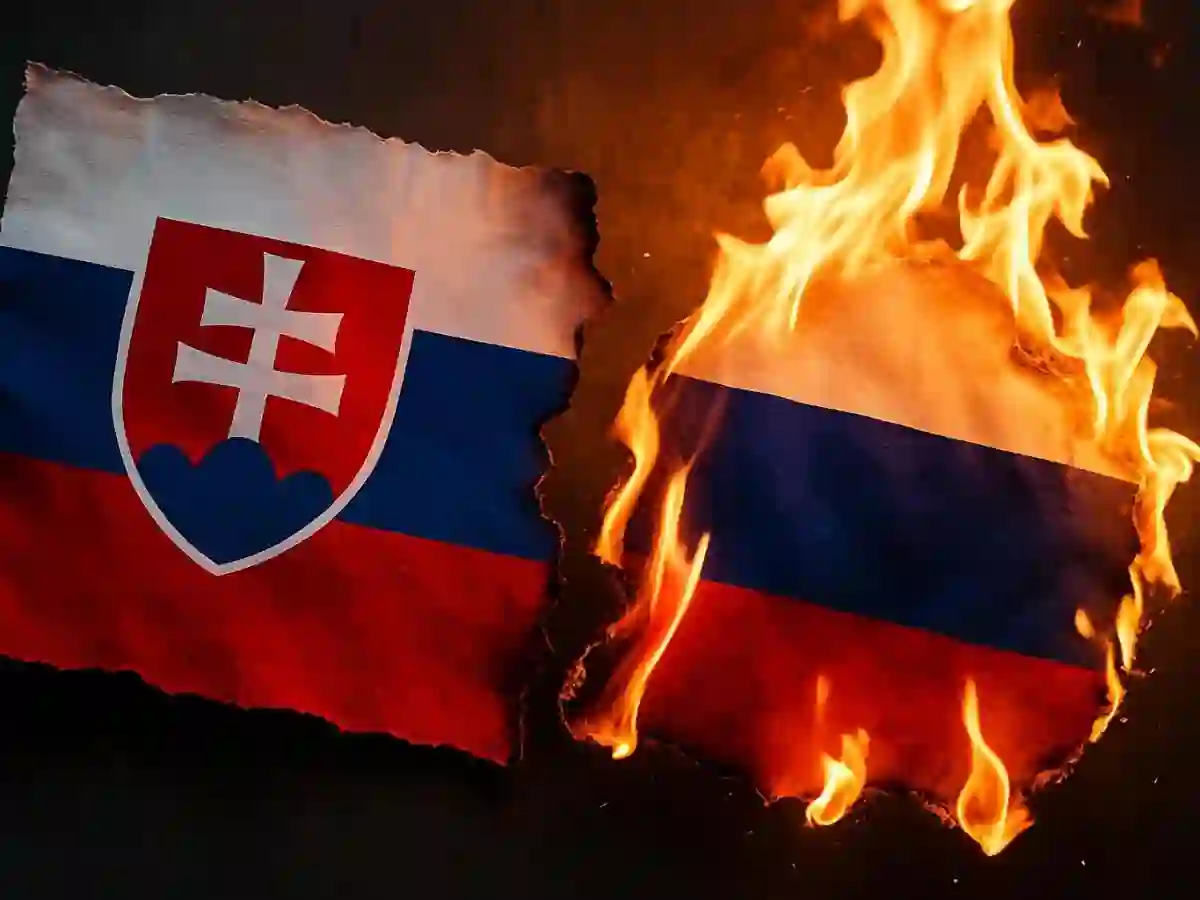What looked like a possible roadblock to the European Union’s latest sanctions on Russia has now been cleared—thanks to a shift in stance from Slovakia’s Prime Minister, Robert Fico.
After weeks of tension and speculation, Fico announced that Slovakia will no longer oppose the EU’s 18th sanctions package, paving the way for unanimous approval.
From Tough Talk to Green Light
Fico’s change of heart didn’t come out of nowhere.
Just a few days earlier, he had asked for a delay in the vote, demanding more protections for Slovakia’s energy sector and criticizing parts of the proposal.
But after a conversation with European Commission President Ursula von der Leyen, he said it was no longer in Slovakia’s best interest to stand in the way.
“All options have been exhausted,” he told reporters.
“Continuing to block the package would now do more harm than good for us.”
With that, he instructed Slovakia’s representatives in Brussels to support the sanctions.
Energy Worries Sparked Initial Opposition
Slovakia’s hesitation wasn’t about defending Russia—it was about protecting its own economy.
The country depends heavily on Russian gas, and Fico made it clear that the EU’s broader energy strategy, particularly the proposed ban on Russian gas imports by 2028, was deeply worrying for Bratislava.
Calling the 2028 gas ban “idiotic”, Fico warned that losing access to Gazprom’s supplies could trigger fuel shortages, price hikes, and even legal retaliation from the Russian energy giant.
Slovak officials were especially concerned about contractual obligations and transit fees, which could hurt the country’s economy.
Brussels Offers Gas Guarantees and Legal Backup
To ease those fears, the European Commission stepped in with a few key assurances.
Among them:
-
A promise to lower cross-border oil and gas tariffs for Slovakia
-
A commitment to step in legally if Gazprom pursued claims against Slovakia
-
An emergency pause mechanism to protect the country during any gas supply crisis
Von der Leyen also sent a personal letter outlining these guarantees, which was later made public.
With that, Fico felt he had done enough to secure Slovakia’s energy and legal safety net, and was ready to move on.
What’s in the 18th Sanctions Package?
Now that Slovakia has dropped its objection, the EU’s 18th sanctions package is all but certain to pass.
Here’s what it includes:
-
A lowered price cap on Russian oil—from $60 down to $47.60 per barrel
-
Removal of Czechia’s previous exemption from the oil cap
-
A full ban on any transactions involving several major Russian banks and the Russian Direct Investment Fund
-
A complete prohibition on all activity related to the Nord Stream pipelines, including trade in goods and services
-
New sanctions targeting 14 individuals and 41 legal entities connected to the Russian regime
Strategic Concession or Smart Diplomacy?
While Fico didn’t hold back his frustration with the EU’s handling of energy policy, his eventual decision may reflect a pragmatic approach.
Blocking the sanctions any further could have isolated Slovakia and risked damaging its standing in the EU.
By negotiating energy concessions while ultimately giving the green light, Fico managed to protect national interests without derailing EU unity.
What’s Next for Slovakia and the EU?
With this hurdle cleared, the EU can now move forward with one of its most aggressive sanction rounds yet.
But questions remain about how Slovakia—and other Russia-reliant EU members—will cope as the bloc continues to turn away from Russian energy.
Whether this marks the beginning of broader compromises or the start of deeper divides in the EU’s energy transition remains to be seen.
